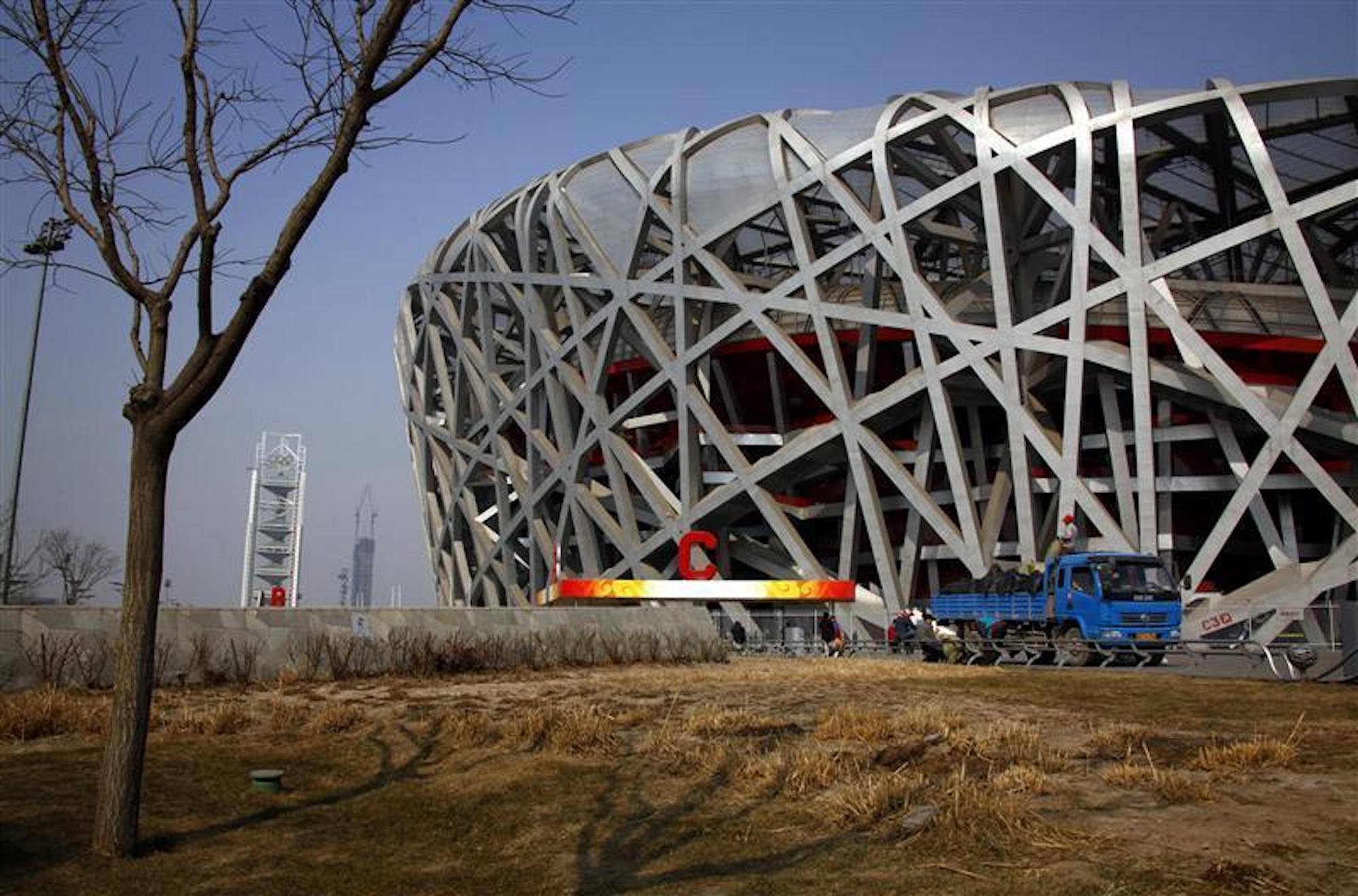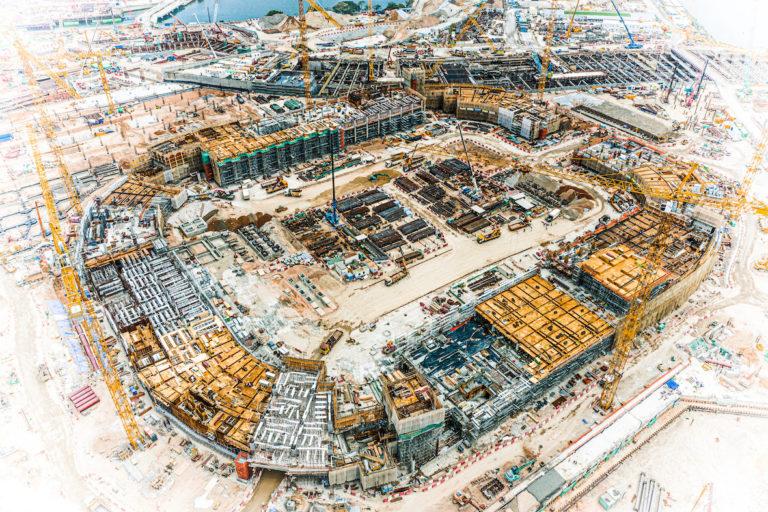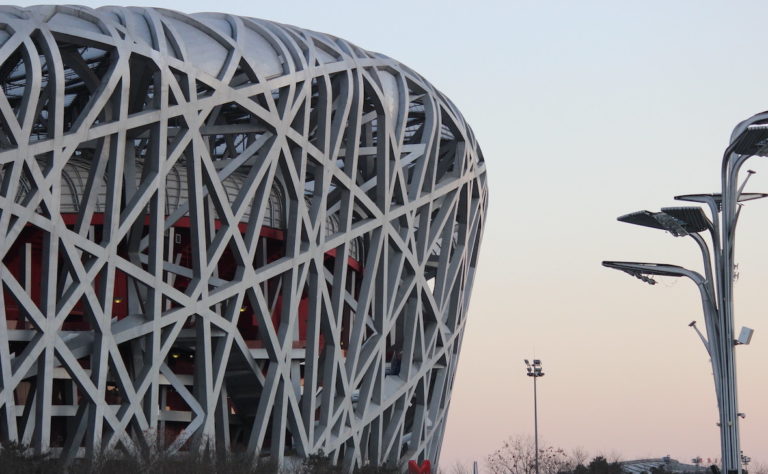
Reforming the Australian grocery market
The Australian grocery market, dominated by Coles and Woolworths, faces scrutiny over pricing, competition, and innovation. Griffith University’s Graeme Hughes says reforms emphasising transparency, competition, and consumer empowerment are essential for its future.


 Professor Paul Burton
Professor Paul Burton Professor Leonie Lockstone-Binney
Professor Leonie Lockstone-Binney
